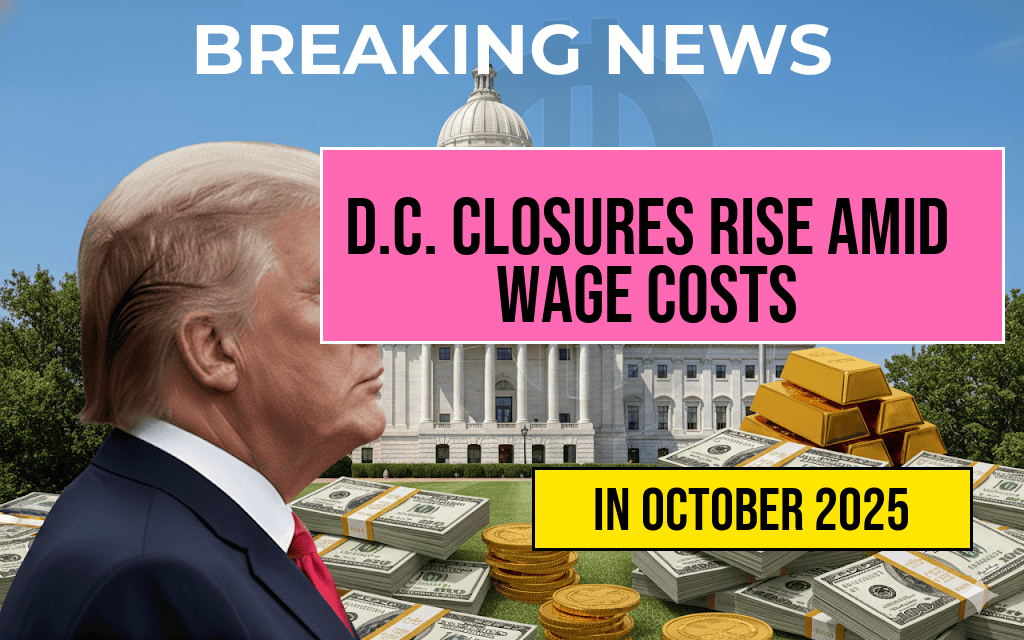IRS Announces Higher Inflation Adjustments for 2025, Allowing Singles to Deduct Over $15,000
The Internal Revenue Service (IRS) revealed the inflation adjustments for the 2025 tax year, unveiling noteworthy increases in key deduction thresholds for individual filers. For singles, the standard deduction is projected to rise to approximately $15,300, a significant jump from previous years. This adjustment could translate into substantial tax savings, with some taxpayers potentially reducing their tax liability by more than $1,650 depending on their marginal tax rate. As inflation continues to influence the cost of living and personal expenses, these adjustments aim to provide relief and reflect the changing economic landscape. Taxpayers and financial planners should review these updates carefully to optimize their filings and understand potential benefits for the upcoming tax season.
Understanding the Inflation Adjustments for 2025
The IRS updates various tax parameters annually to keep pace with inflation, ensuring that thresholds for deductions, credits, and other tax provisions remain relevant. The 2025 adjustments are based on the Consumer Price Index (CPI) changes observed over the past year. The notable increase in the standard deduction for singles signifies a broader effort to maintain the purchasing power of taxpayer benefits amid rising costs.
| Tax Parameter | 2024 Amount | Projected 2025 Amount | Change (%) |
|---|---|---|---|
| Standard Deduction (Singles) | $13,850 | $15,300 | 10.6% |
| Personal Exemption | Suspended (due to tax law changes) | Not applicable | N/A |
| Income Bracket for 22% Tax Rate | $44,726 to $95,375 | Approximately $47,000 to $100,000 | ~5-7% |
These adjustments directly impact how much income is shielded from federal taxation, potentially lowering taxable income and reducing overall tax bills.
Potential Tax Savings for Single Filers
The rise in the standard deduction means that many taxpayers can shield more income from taxes without itemizing deductions. For a single filer earning $50,000 annually, the increased deduction could translate into notable savings.
Consider a simplified scenario: a taxpayer with no itemized deductions other than the standard deduction. In 2024, they could subtract $13,850 from their gross income, leaving $36,150 taxable. With the 2025 increase to $15,300, the taxable income drops to $34,700, reducing their tax liability at their marginal rate.
Calculating potential savings:
- Tax rate at $50,000 income (single filer): approximately 22%
- Tax savings from increased deduction: ($15,300 – $13,850) x 22% = $341
However, for taxpayers at higher income levels or those who itemize deductions, the savings can be substantially more. For instance, a taxpayer in the 32% tax bracket with an increased deduction of over $1,400 could see a reduction in their tax bill by roughly $450.
Based on these figures, the maximum benefit for singles could surpass $1,650 annually, providing meaningful relief amidst ongoing inflation.
Implications for Tax Planning and Filing Strategies
The inflation adjustments emphasize the importance of proactive tax planning. Taxpayers should evaluate whether it makes sense to switch from itemizing deductions to taking the standard deduction, especially given the increased threshold. Additionally, increased deductions might influence the timing of certain expenses, such as charitable donations or medical costs, to maximize benefits within the tax year.
Financial advisors recommend reviewing income projections and deduction strategies well before tax season. With the increased standard deduction, some taxpayers may find that their overall tax liability decreases, but others could benefit from more strategic planning to maximize credits and deductions.
Resources and Additional Information
For taxpayers seeking personalized guidance, consulting IRS resources or a certified tax professional can clarify how these inflation adjustments impact individual situations. The IRS’s official publication detailing 2025 inflation adjustments can be found [here](https://www.irs.gov/newsroom/irs-announces-inflation-adjustments-for-tax-year-2025). For a comprehensive overview of recent tax law changes, visit [Wikipedia’s Tax Law](https://en.wikipedia.org/wiki/Tax_law_in_the_United_States). Financial news outlets like Forbes also provide timely analyses of tax updates and planning tips.
As the tax landscape evolves, staying informed about inflation adjustments ensures taxpayers can optimize their filings and potentially realize significant savings in the coming year.
Frequently Asked Questions
What is the IRS inflation adjustment for 2025 regarding single filers?
The IRS has announced that in 2025, single filers can deduct over $15,000 due to inflation adjustments, which is a significant increase from previous years.
How does the increased deduction affect potential tax savings?
With a deduction exceeding $15,000, taxpayers could potentially save $1,650 or more depending on their tax rate, reducing their overall tax liability.
What factors influence the amount a taxpayer can save with the new deduction?
The tax rate of the individual, their taxable income, and eligibility for other deductions or credits all influence the total savings from the increased deduction.
Are there any eligibility criteria for claiming this inflation-adjusted deduction?
Yes, taxpayers must meet certain filing requirements and qualify as single filers to take advantage of the increased deduction amount for 2025.
When will these inflation adjustments take effect and how can taxpayers prepare?
The 2025 tax year will reflect these adjustments, so taxpayers should stay informed about IRS updates and plan their tax strategies accordingly to maximize their deductions and savings.










